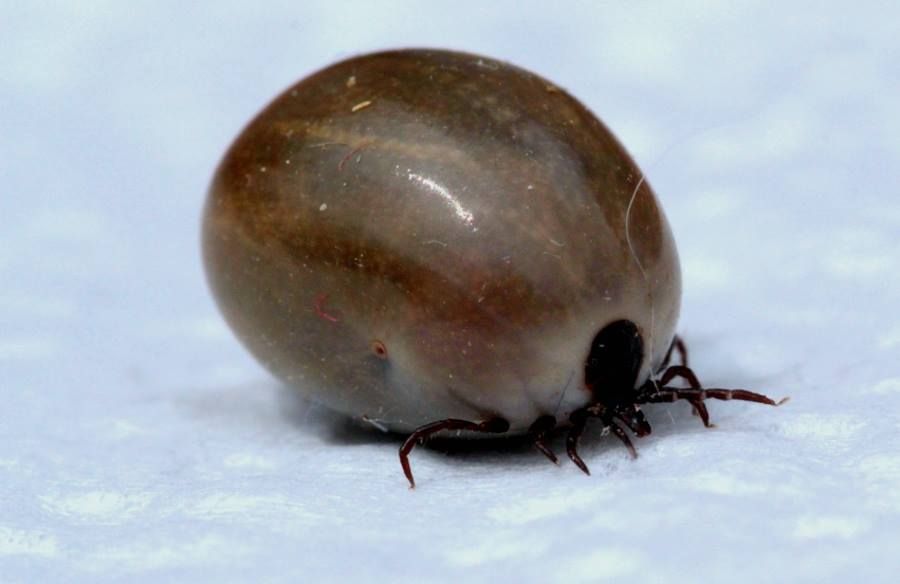
Tick saliva hides a cure for heart disease
Ticks do not associate us very well. However, the team ł scientist from Oxford University discovered that we can benefit from them. Tick saliva contains powerful anesthetic and anti-inflammatory substances. Proteins accumulated in the saliva of these arachnids , the same ones due to which hich ticks imperceptibly and painlessly poke into our bodies, contain compounds that can inhibit the inflammatory process of the heart muscle.
Myocarditis can cause heart failure and even lead to death. It is usually caused by bacteria or viruses. It affects zar both young and elderly people. In severe cases, a heart transplant is necessary.
– Myocarditis is a devastating disease for which the rą currently there are few therapies – said study leader Professor Shoumo Bhattacharya of Oxford University. – With our research, we hope to take inspiration from the anti-inflammatory strategy of ticks and design life-saving therapies for this dangerous heart condition – added the scientist.
Thanks to research funded by the British Heart Foundation, proteins in tick saliva have been identified, so called. evasins, which ra have the ability to bind and neutralize harmful substances called chemokines. Chemokines are substances excessively secreted during myocarditis, which re attracted to com rks that trigger the inflammatory process.
Tick saliva contains about 1,500 to 3,000 proteins depending on the species. Oxford researchers have developed a method to culture proteins from the saliva of these arachnids on com yeast sources. In the process, proteins are identified that have anti-inflammatory properties.
But the compounds found in tick saliva may pom c not only during myocarditis. – We may also be able to use the same drug to treat other diseases b, in which rich inflammation plays a big role. This includes diseases such as heart attacks, strokes, pancreatitis and arthritis – explained Bhattacharya.
– Ticks may not be exceptionally pretty, but these little creatures may hold the secret to better ways of In the treatment of a whole range of diseases b. We still have a long way to go, but tick saliva is leading us down an exciting, albeit unconventional, path of research – said Professor Jeremy Pearson of the British Heart Foundation.

